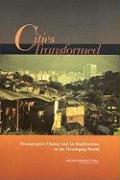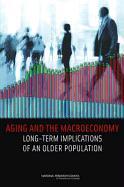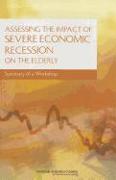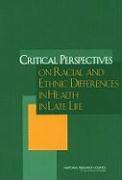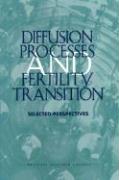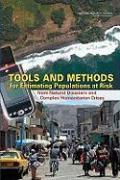Understanding Racial and Ethnic Differences in Health in ...
National Research Council / Division Of Behavioral And Social Scienc / Committee on Population
As the population of older Americans grows, it is becoming more racially and ethnically diverse. Differences in health by racial and ethnic status could be increasingly consequential for health policy and programs. Such differences are not simply a matter of education or ability to pay for health care. For instance, Asian Americans and Hispanics appear to be in better health, on a number of indicators, than White Americans, despite, on average...




